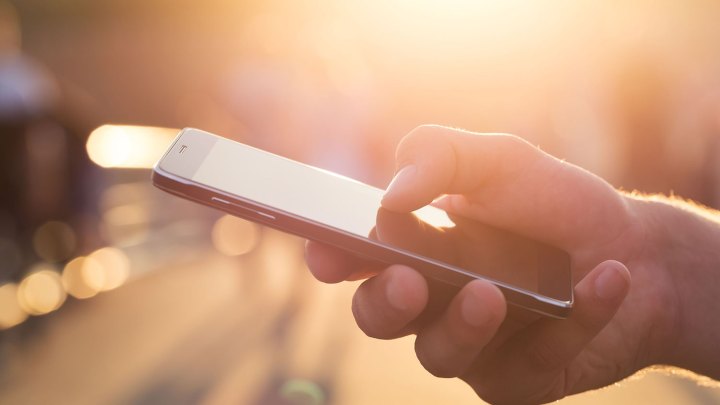
If you’re an adult in the U.K., chances are that’s precisely what you’re doing. As per a new study from Deloitte, which surveyed a total of 4,000 people, a third of adults across the pond check their mobile devices in the middle of the night. Apparently, our smartphone co-dependency has really reached new levels. According to Deloitte’s findings, the British citizenry has “never been more addicted to smartphones,” with 52 percent clicking checking their phones within 15 minutes of waking up.
Indeed, our phones have become our most romantic connections — they’re the first thing we look at when we arise and the last thing we look at before we go to bed (for 10 percent of respondents, at least). And this connection appears to be the root of some actual romantic problems as well. The study found that over a third of respondents between 18 and 44 years old have gotten into arguments with their significant others over smartphone usage.
“What smartphones enable people to do is to keep tags of what’s happening, what people are saying, what people are posting. You can do that throughout the day and what smartphones are encouraging people to do is to do that at night,” Paul Lee, head of technology, media and telecommunications research at Deloitte told Today.
But if you’re frustrated by the rise of smartphone dominance, there may be good news. It looks like the market is reaching its saturation point. “It is clear from our research that we are reaching an age of ‘peak smartphone,'” Lee said. “Given the market saturation, in the next 12 months, we expect smartphone penetration to rise modestly, perhaps by no more than two or four percentage points.”
That said, don’t expect smartphones to ever decline in popularity. “Smartphones will not suffer the same fate as tablets,” Lee assured consumers. “The replacement market is likely to remain healthy, and given the sizeable base of existing owners, smartphone sales are likely to remain in the tens of millions for the foreseeable future.”


